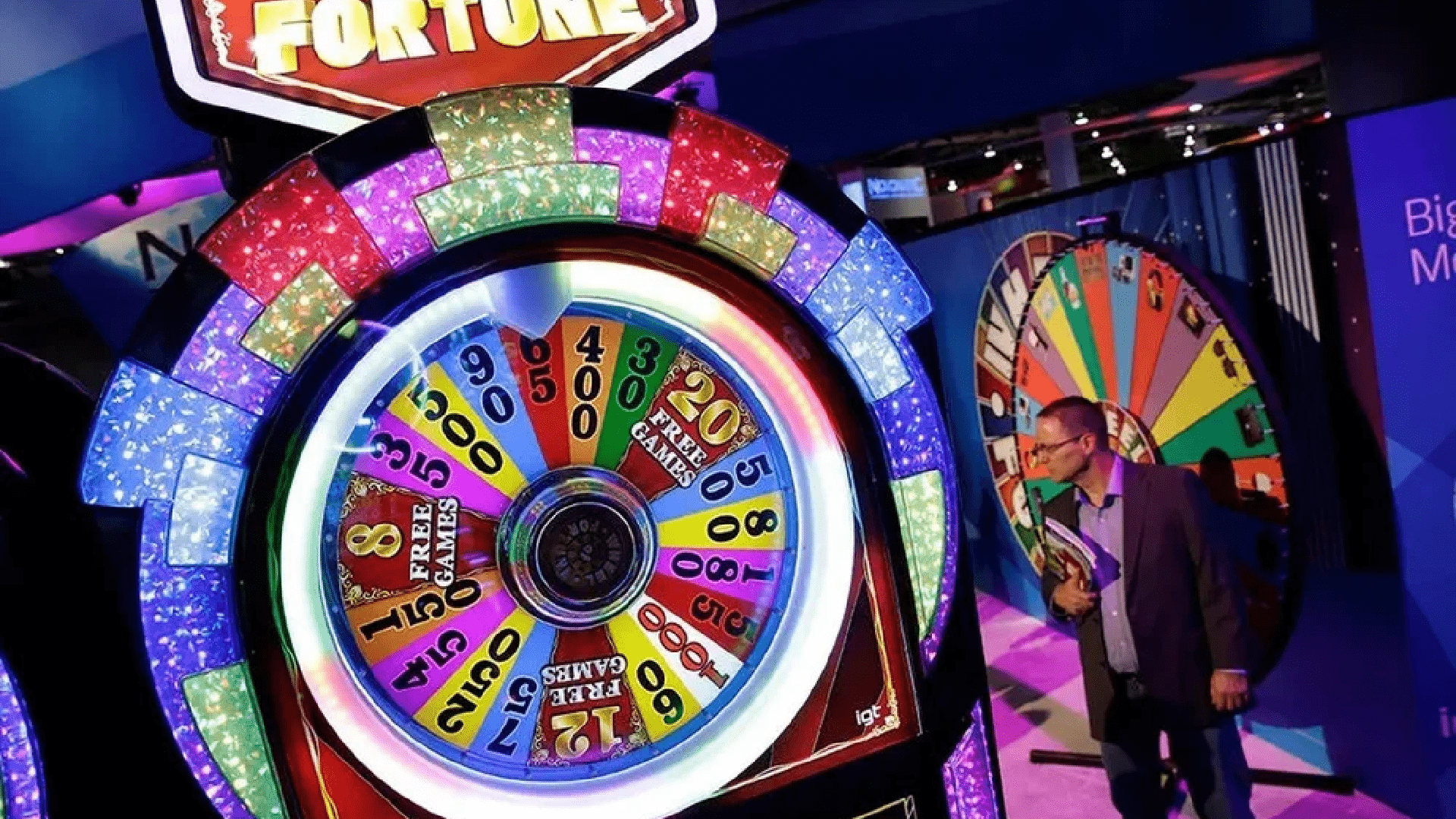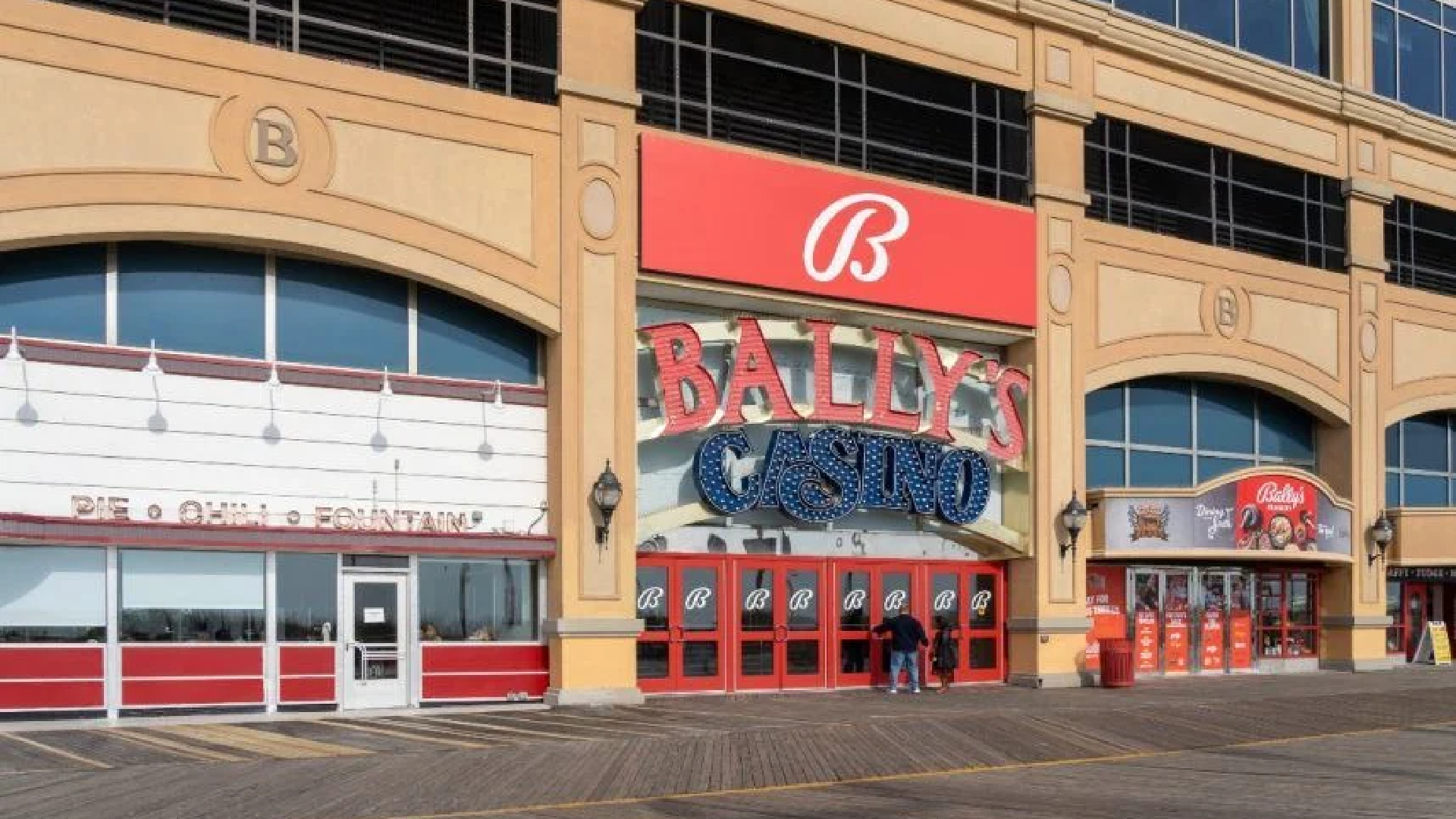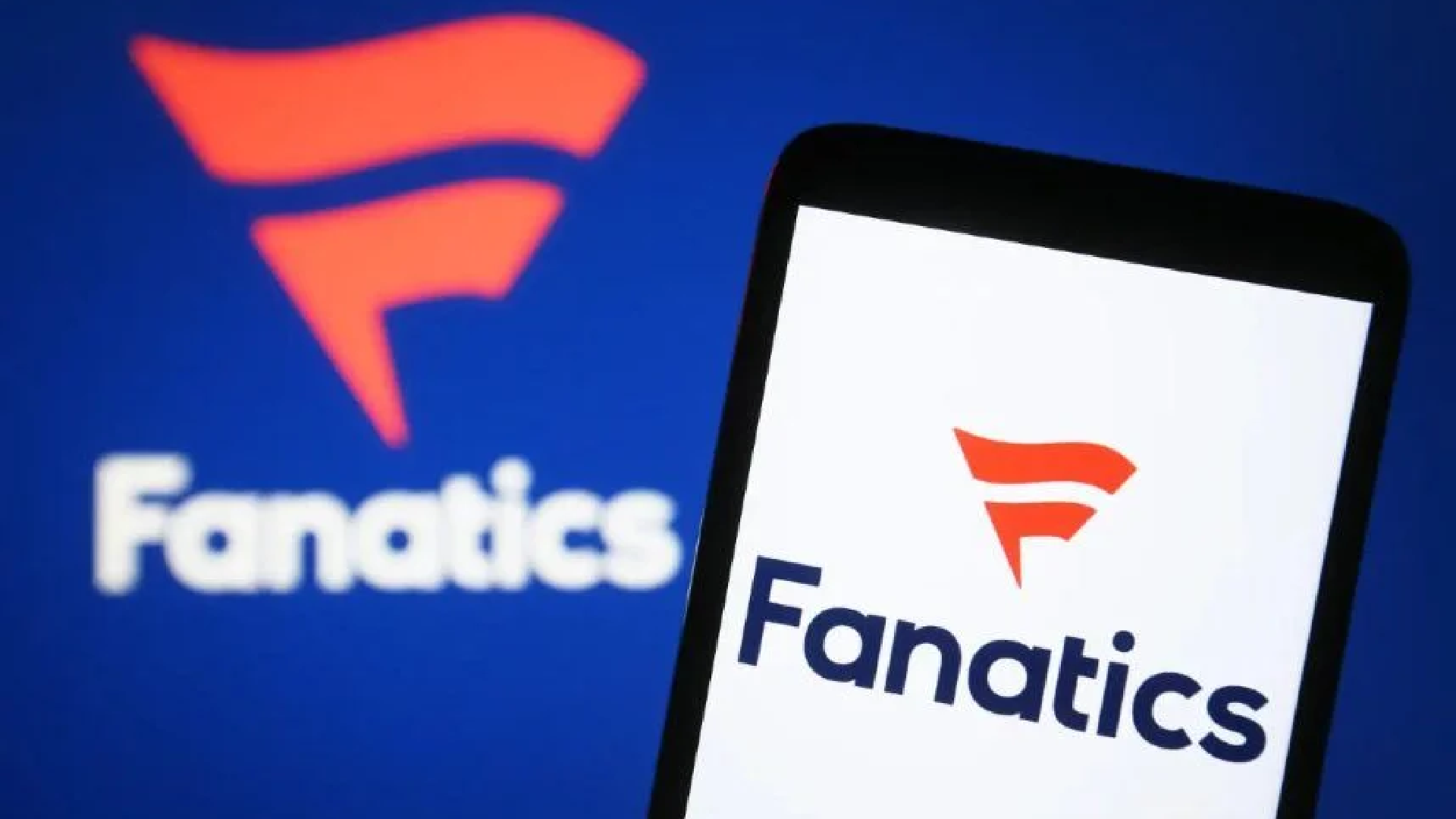
A recent class-action lawsuit brought in federal court in Nevada claims that the widely-known Wheel of Fortune slots are “systematically defraud[ing] casino patrons of their hard-earned money.”
The plaintiffs' issue with the slot and its various adaptations is that their bonus-wheel game, inspired by the enduring game show, "misleads" players into thinking they have an equal opportunity to land on any of its segments. This is because it seems to be an authentically mechanical spinning wheel, like a roulette wheel, according to the complaint.
Nonetheless, the wheel does not function "according to the laws of physics" because "the result is preordained by an internal computer that the Defendants designed to guarantee the wheel halts much more often with the indicator aligned with a segment showing a lower monetary value.”
The lawsuit asserts that this is akin to "a roulette wheel with a magnet secretly placed under the green zero and double-zero areas."
'Misleading Connection'
The lawsuit filed by four ex-players targets the manufacturer and distributor, IGT, along with several casino operators, such as MGM Resorts, Bally’s Corp, and Penn Entertainment.
The plaintiffs further contend that the slot's strong connection to the TV series enhances the belief among players that they have an equal opportunity to win every prize.
The complaint states that it establishes a "false connection" between the spinning wheel of the game show, which relies on random probabilities for landing on each segment, and the "manipulated" wheel found in the slot.
The plaintiffs are requesting compensatory damages for themselves and for a proposed class made up of all Wheel of Fortune players at the casinos listed as defendants. The plaintiffs are also requesting a court order to prevent the defendants from conducting the games.
Gears Within Gears
The Wheel of Fortune slot, similar to all contemporary slots, employs a random number generator (RNG). The plaintiffs are correct in stating that players do not have an equal opportunity to land on each of the monetary amounts on the wheel. However, it is important to note that every player has an equal opportunity to win each of the cash amounts as the others – and that is what renders them “fair” according to regulators.
If the wheel consists of 24 segments, every segment will possess distinct odds of being selected; for instance, the odds of winning the top prize won’t be 23 to 1, but could be 500 to 1 or higher.
All these odds are set by the RNG, which randomly chooses a winning bonus payout based on the predetermined frequency of each segment.
Slot machines are generally designed to offer a “theoretical payout percentage,” or long-term RTP (return to player), that differs across various jurisdictions.
The manufacturer of the slot machine establishes the RTP based on local laws. The gaming authority in a jurisdiction needs to approve the RNGs and game codes for every machine. Usually, casinos are unable to change the RTP unless they have authorization from the regulator.
Year after year, authorities in Nevada and regions throughout America have endorsed the mechanics of Wheel of Fortune slot machines. In the meantime, given that Nevada has enacted legislation to legalize slot machines and empowered the Nevada Gaming Commission (NGC) to oversee them, it's hard to envision how a federal judge could approach this matter.
And that’s possibly, regrettably, where the case begins to unravel.
Exclusive Casino Bonuses
Oshi
- Home to more than 70+ gaming providers
- Received the AskGamblers Certificate of Trust
- An extensive list of restricted games with bonus funds
Play with
Canadian dollars, Chinese yuan, Euros, Norwegian kroner, US dollars, Bitcoin, Ethereum, Bitcoin Cash, Litecoin, Dogecoin, Tether, Brazilian reals, Ripple, TRON, Russian rubles, Japanese yen, Polish zlotys, Indian rupees, ADA, Binance Coin,Wagering Requirements
-Minimum Deposit
-150% up to €500
& 200 FS
Deposits
Other Payment Methods
Withdrawals
New players only. T&Cs apply. 18+
Intense Casino
- Mobile friendly design
- The Curacao licensed site
- Limited live chat hours
Play with
Wagering Requirements
-Minimum Deposit
-Welcome offer
up to €888
Deposits
Withdrawals
Other Payment Methods
New players only. T&Cs apply. 18+
Betition
- Offers great welcome bonuses and promos for sports
- Home to leading software providers
- Limited live chat hours 08:00 - 00:00 CET
Play with
Canadian dollars, Chilean pesos, Euros, Norwegian kroner, British pounds sterling, US dollars,Wagering Requirements
Not StatedMinimum Deposit
€ 10Welcome offer 100%
up to € 150 + 150 Spins
Deposits
Withdrawals
Other Payment Methods
New customers only. Minimum deposit: First deposit € 10. Max. Bonus: € 150. Offer applies to the first deposit. Offer only applies to new players. The spins are awarded as follows: 50 spins on book of dead plus a 100% bonus on your first deposit up to € 150. You will receive an additional 50 spins on book of dead when you make your deposit on the second day of at least € 20 and another 50 spins when you make a deposit on the third day (at least € 20). Winnings from games that require a deposit must be wagered 35 times. A bonus that requires a deposit must be wagered 35 times. Terms and conditions apply, see full terms: Bonus Policy 18+ T&Cs and wagering requirements apply.







